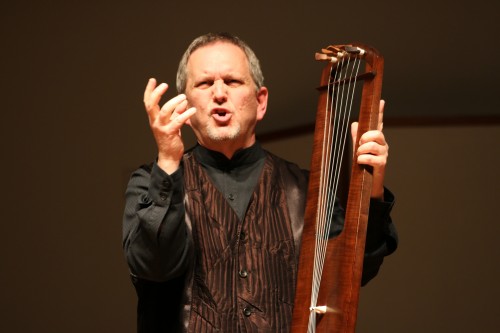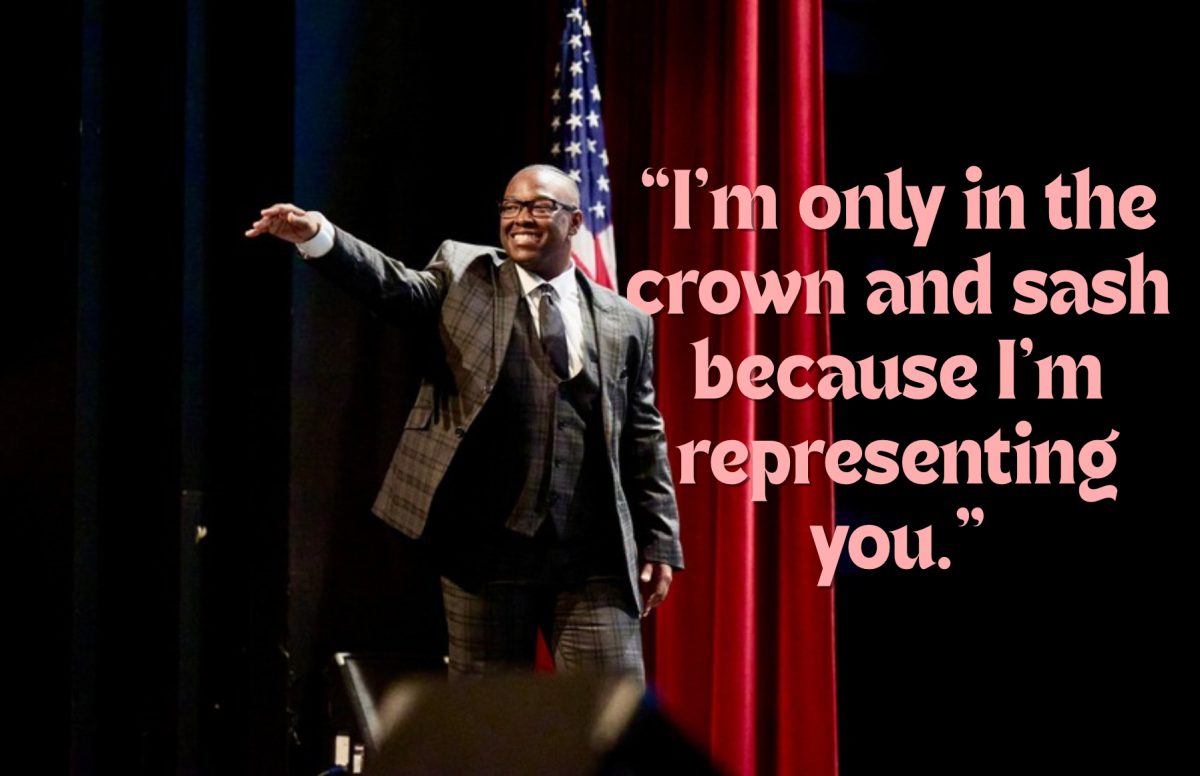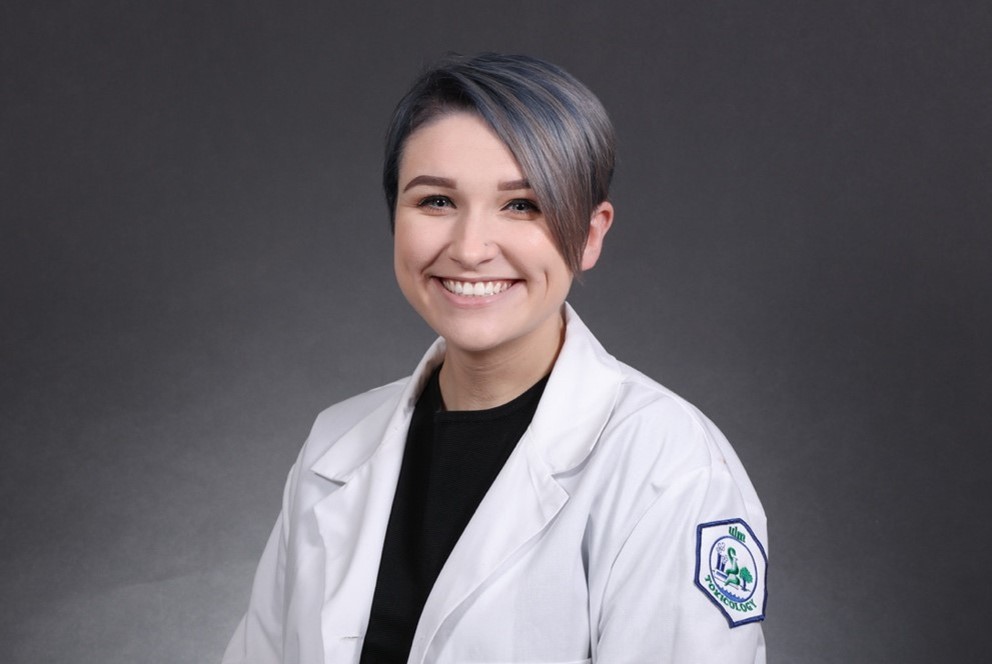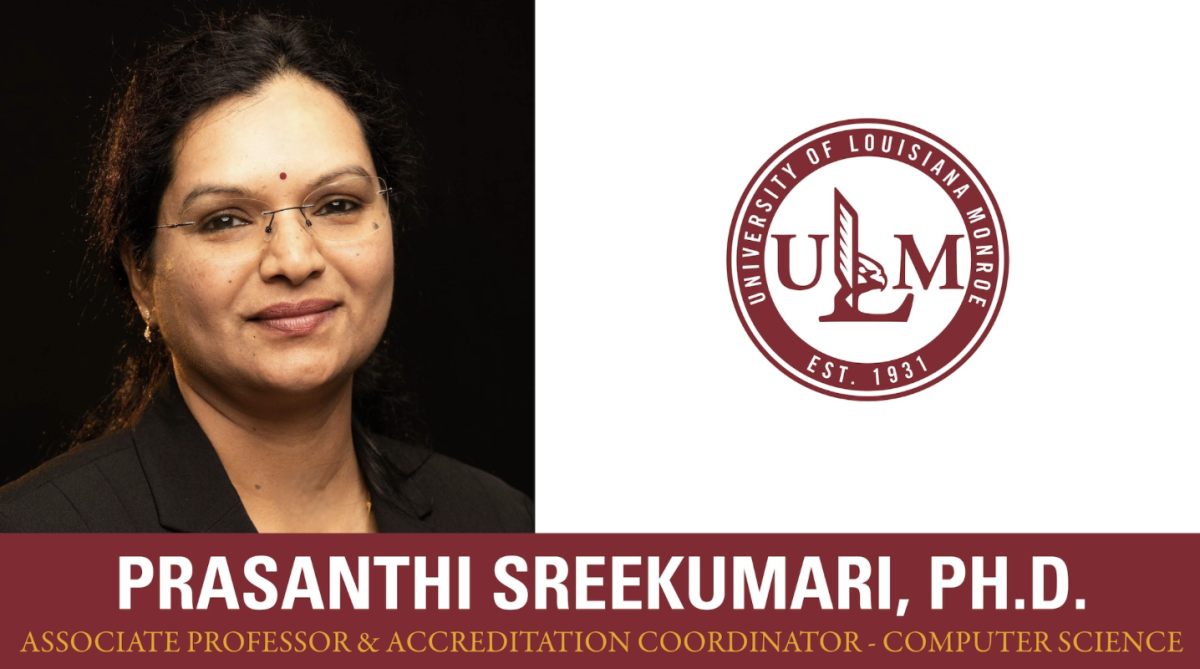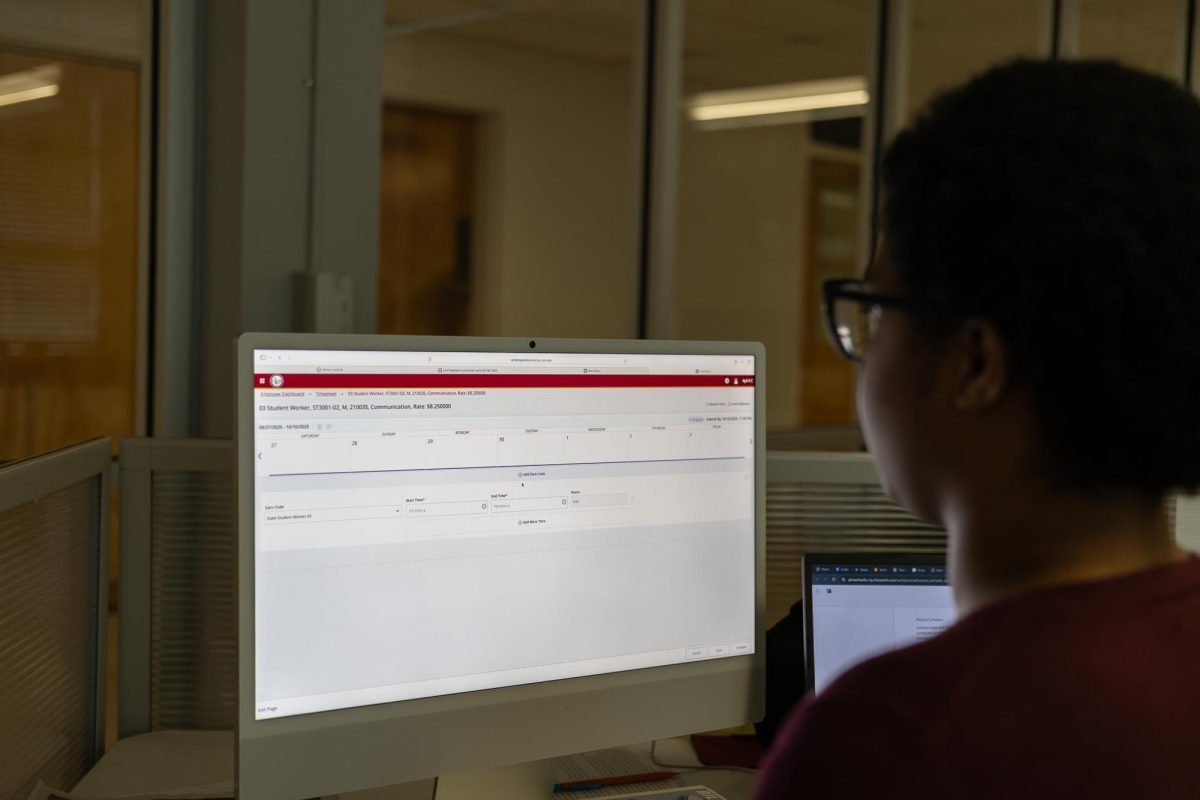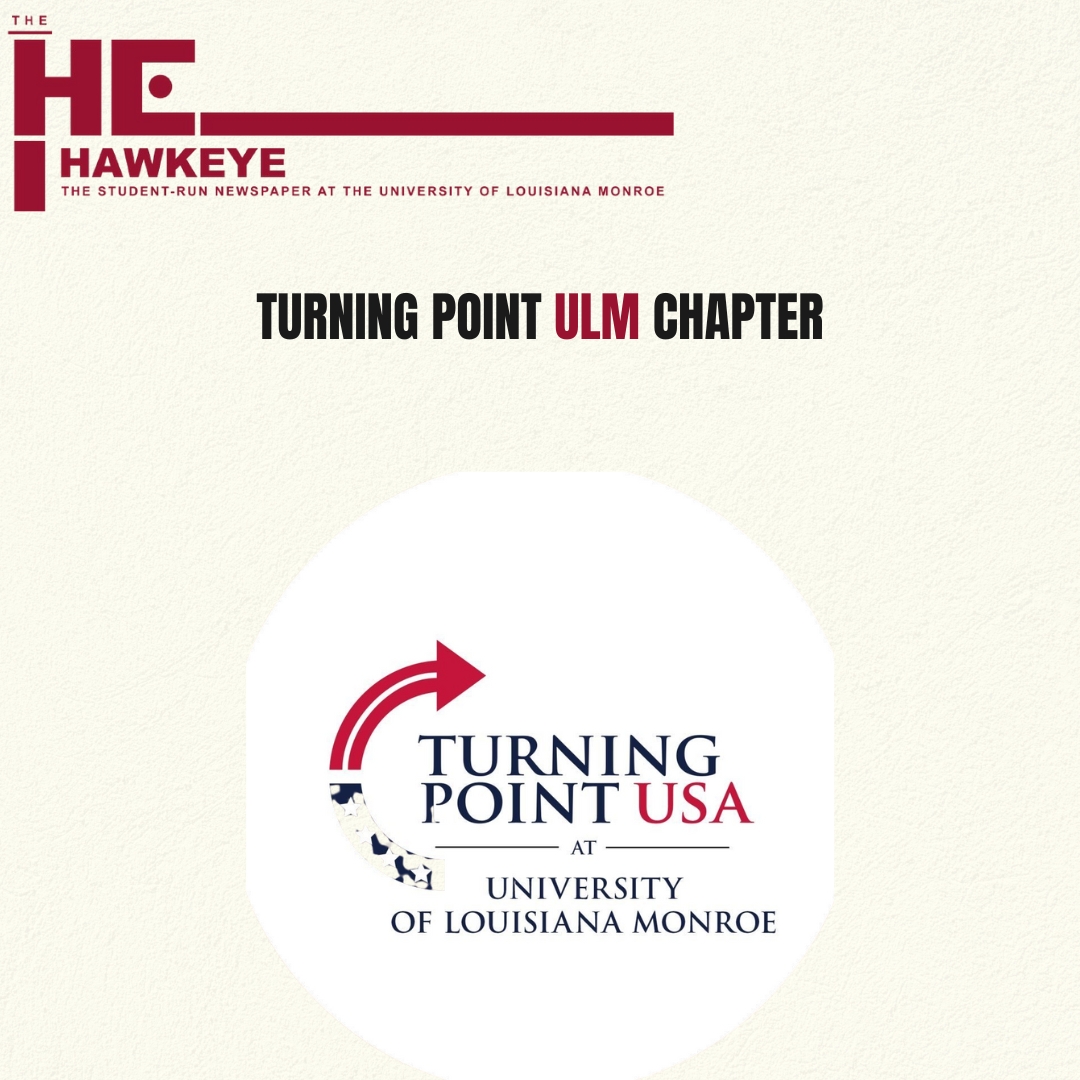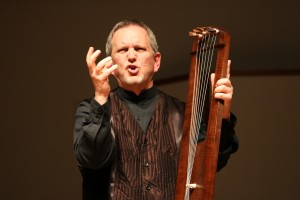 The stage dimmed as a man with a harp walked out.
The stage dimmed as a man with a harp walked out.
“Hwaet!” He yelled in a language that hasn’t existed since 1066 – the Old English language.
The audience was taken aback but quickly engrossed in a performance by Benjamin Bagby.
Bagby, a medievalist scholar, performer and harpist, performed his rendition of the epic poem Beowulf to a packed recital hall last Tuesday.
“Becoming a performer is something that you don’t try to do, it just sort of happens naturally,” Bagby said.
Performance days are all about eliminating distraction. Bagby tries narrow down his focus to the stage where he will sit for 100 minutes of nonstop singing, recreating a scene that took place over a thousand years ago.
“It’s like sports,” said Bagby. “A sports person before a big game isn’t going to go to a part and drink a lot…they are going to try to focus and rest. So its similar to sports in a way.”
Bagby was drawn into Beowulf by questioning how people must have perceived the text at the time it was recited in Anglo-Saxon mead halls, in a culture where writing was unknown outside of a monastery.
“The text as it exists is incredibly well crafted. The more I work with the more I discover how clever and thoughtful it is,” said Bagby. It’s not a random text done by just anybody. It’s really a master storyteller’s work.”
Rebecca Stephenson, associate English professor and instructor of the medieval literature class, hosted a symposium introducing Bagby and discussing the history of Beowulf.
At the symposium, Bagby addressed how sensational it would be to a medieval person to see how easily and fast modern people read. And how little they remember.
At a time where writing wasn’t an every day task, people memorized. Anglo-Saxon bards memorized Beowulf by heart.
Bagby trained himself to memorize 100 minutes worth of Beowulf and has been performing it for 20 years.
And 20 years ago, when Bagby was preparing for his first performance, he didn’t quite have it all memorized.
He had only been working on it for about six months.
“I was really quite terrified, because I didn’t really have an overview even though I had the text in front of me,” said Bagby. “I didn’t yet have a sense of the dramaturgy of the whole thing and how it was going to develop…and the arc of the story. So I was still kind of making it up as I went a long.”
According to Bagby, there was a lot of intellectual process going on at that time, but now that it has passed he can “really inhabit the story and the presence more easily.”
The entire work of Beowulf would take approximately four hours to recite.
Twelve years ago, Mark Clark, associate professor of music, was teaching a graduate opera workshop at Indiana University when Bagby came to town with his presentation of Beowulf.
Clark said the performance was so compelling that he never forgot it.
“It is remarkable,” said Clark. “He is able to do whatever he wants with his voice…it’s a narration, it’s telling a story, but it’s as if he was really there and you feel like you are there as well.”
Emily Lusk and Sage Christman, senior English majors, are currently taking medieval literature and reading Beowulf in class.
“I’ve read Beowulf many times before and I enjoy reading it, but listening to Bagby discuss the literature and perform and act it out really brought the story to life for me,” Lusk said.
Lusk couldn’t make it to the performance, but attended the symposium where Bagby gave a preview of his performance.
“I thought it was breathtaking and extraordinary,” said Lusk. “I expected his performance to be good, but I was honestly blown away and I only got to hear him perform for five minutes.”
Christmas, who attended the performance, found it admirable that Bagby took the time out of his life to study Old English, and not only learn how to speak it, but sing and act with it.
“…Anyone can tell that when he performs he loves what he is doing and that made his performance all the more enjoyable,” Christman said.
Bagby gave the characters distinguishable personalities, such as the drunk Unferth that kept the audience laughing.
“And that made me realize that he wants his audience to enjoy it as much as he does,” Christman said.
Bagby is from the Chicago area and was educated in the United States.
Twenty-five years ago, he started the medieval music group Sequentia in Germany that still exists in Paris, where Bagby teaches in the master’s program for medieval music performance practice.
This was Bagby’s first time performing in Louisiana.


